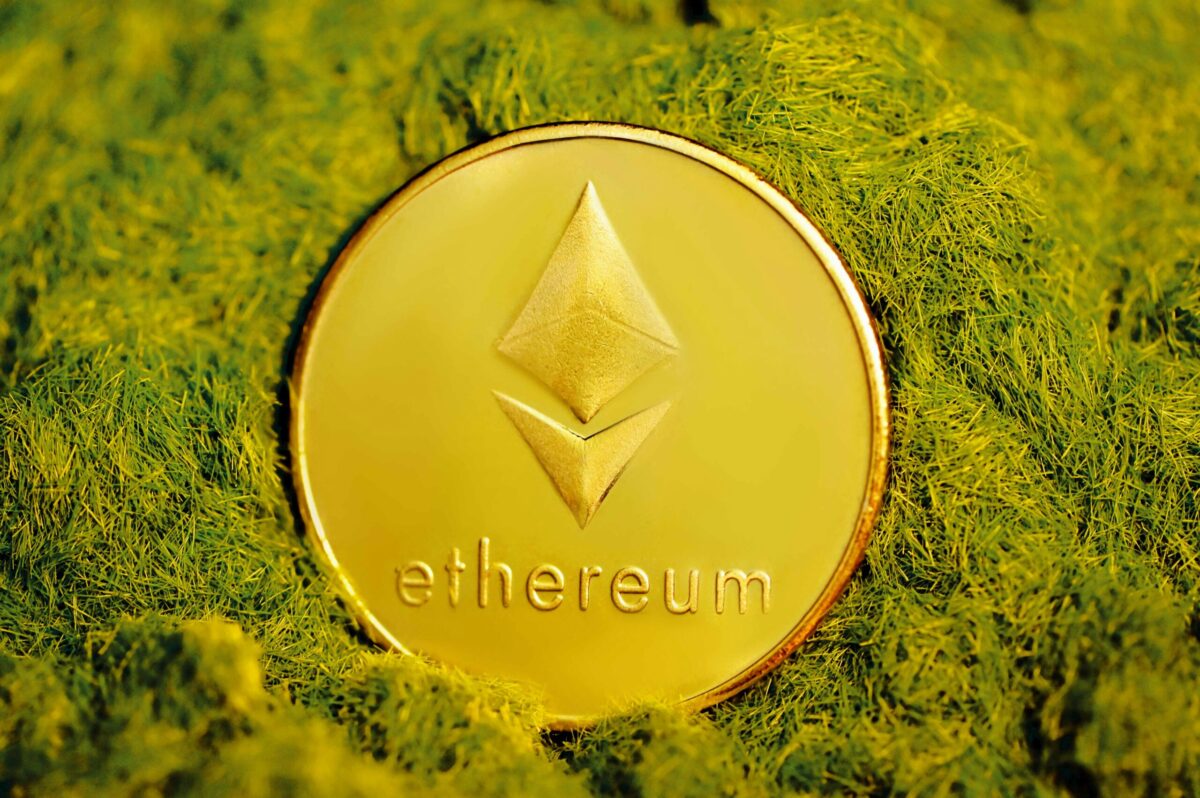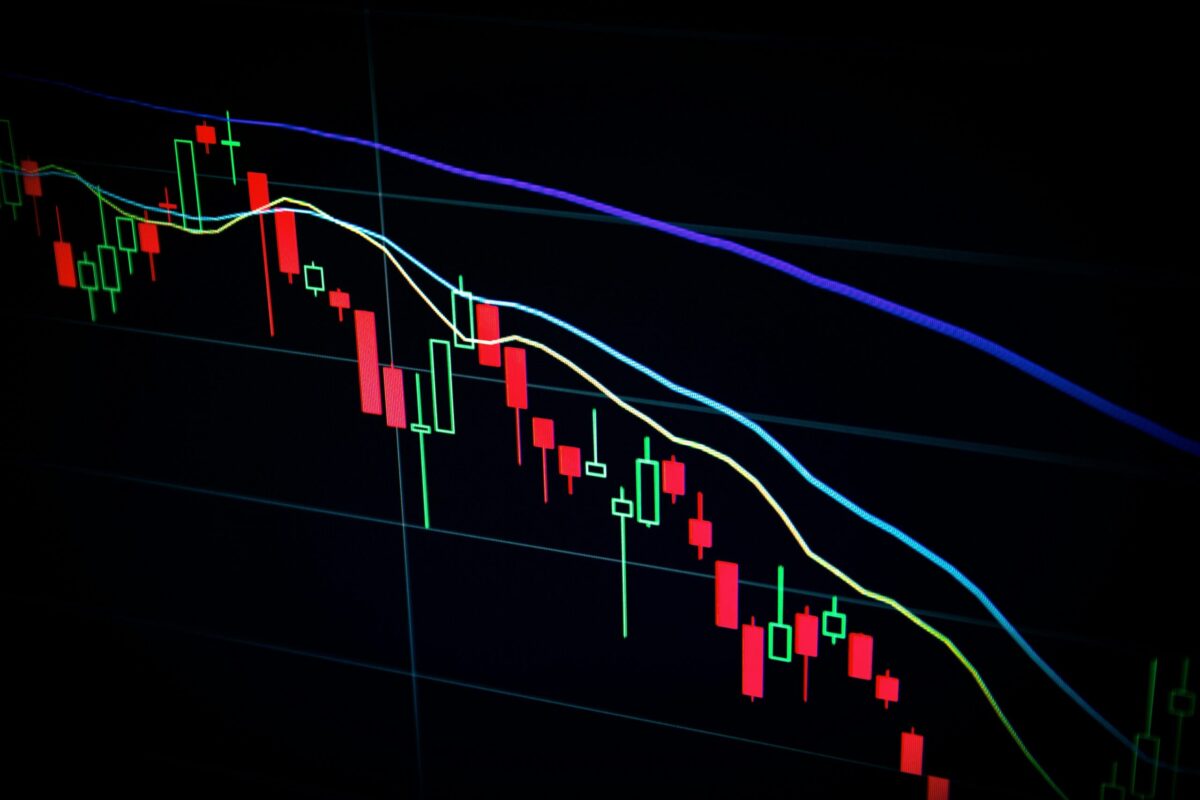In a joint policy paper, the International Monetary Fund (IMF), along with the Financial Stability Board (FSB), have expressed that a blanket crypto ban is not the solution to eliminating its associated risks.
The two global bodies have advanced policies and recommendations for crypto-assets in a synthesis paper that is set to be presented to the G20 this weekend. In this, the IMF and FSB observed that the existence of cryptocurrencies have displayed significant volatility throughout the past decade.
This comes in the background of numerous crypto enterprise collapses of 2022. International bodies have taken upon themselves to introduce global norms for the industry, particularly as emerging economies in the G20 have expressed their concern with widespread crypto and stablecoin use, which have threatened their monetary policy.
The paper notes that cryptocurrencies have the potential to emerge as a “source of systemic risk in specific jurisdictions if they gain traction for payments or retail investments”. However, a complete blanket ban would fail to mitigate its associated risks, further reiterating the stance held by the IMF where it stated that such an approach might not be effective in the long run.
Back in June, when the IMF had revealed this position, it had suggested that instead of a complete ban on crypto-assets, countries should rather focus on addressing the drivers of crypto demand. This includes citizens’ un-met digital payment needs, and on improving transparency, by recording crypto asset transactions in national statistics.
The latest report is also of the same belief. It reflects that a blanket ban on all crypto activities, including trading and mining, would not only turn out to be expensive and technically challenging, but “could also lead to activity migrating to other jurisdictions, creating spillover risks”.
The IMF-FSB synthesis paper was developed at the request of the Indian G20 Presidency. While it does not establish new policies, recommendations or expectations for relevant member authorities, these collective recommendations provide comprehensive guidance to help authorities address the macroeconomic and financial stability risks posed by crypto-asset activities and markets.
In doing so, the paper has also looked into the risks associated with stablecoins and the decentralised finance (DeFi). It is of the opinion that the “purported stability of stablecoins” could enhance interconnectivity between crypto- asset markets, traditional financial institutions, and retail market participants.
Stablecoins bring out distinct risks that come with maintaining a stable value, and dependency on private issuers, said the global standard setters. It may further facilitate a wide range of transactions in the crypto-asset ecosystem, particularly enhancing the risks if they are to enter the mainstream of the financial system in multiple jurisdictions or if they are broadly adopted as payment instruments.
On the other hand, the IMF and FSB believe that DeFi is not substantially different from the traditional financial system in the functions it performs. However, in attempting to do that, it inherits and may amplify vulnerabilities, including operational fragilities, liquidity and maturity mismatches, leverage and interconnectedness. “Presently, DeFi may exhibit unclear, opaque, untested or easy-to-manipulate governance frameworks that may expose users to risks”, remarked the paper.
The policy paper discerns that a rapid evolution and international nature of crypto-asset markets also raises the potential for regulatory gaps, fragmentation and arbitrage”. It then concluded with an implementation roadmap that laid out key regulatory and supervisory issues and challenges that should be considered in developing a regulatory framework.
This includes planned and ongoing work related to the implementation of crypto-asset policy frameworks, which taken together seek to: build institutional capacity beyond G20 jurisdictions; enhance global coordination, cooperation, and information sharing; and address data gaps necessary to understand the rapidly changing crypto-asset ecosystem.


